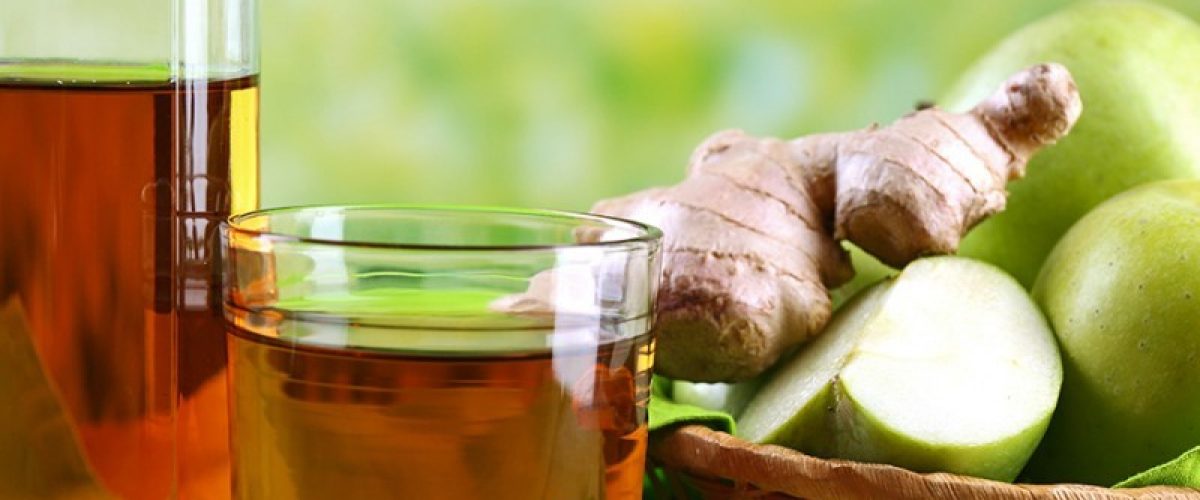Best Foods for Your Digestion

Seven simple things you can add into your diet to support your digestive system
What we eat impacts our bodies on so many levels. So what foods aid digestion? Each time we put something in our mouth, we affect our body with either improved vitality or hardship as it strives to maintain a healthy state. Knowing this, we want to make sure that we are mostly choosing to eat good foods for digestion (i.e., foods that support our digestion system and the process of waste elimination).
The more our bodies hold onto toxins, the more negative impacts we feel on physical, mental and emotional levels. We may feel sluggish, inflamed, achy, heavy, or even moody. We must keep the digestive system flowing, as our quality of health resides in the digestive system. It is also strongly connected to our immune system, which plays a critical role in supporting our ability to fight off disease. There are foods that we can eat to help support our digestive health and help our body to eliminate waste so that we can move the toxins out of our bodies.
One of the key strategies to aid the digestive system in eliminating waste is fiber. Unfortunately, most Americans are not getting enough fiber in their diets. There are several different foods that we can use to help aid the digestive system for optimal digestive health.
Prunes or Prune Juice: Even when drinking prune juice, you reap many of the health benefits, including fiber, vitamins, and minerals. Although drinking prune juice is very beneficial, it may be best to eat Nature’s Eats Dried Prunes so that you get the highest levels of fiber.
Ginger: The impact that ginger has on the digestive system is slightly different than the rest of foods on this list. Ginger has many anti-inflammatory properties and helps reduce gas and painful spasms in the intestinal tract. It can help calm an upset stomach and contains many medicinal properties. You reap the same benefits whether you eat dried ginger or fresh ginger.
Red Beets: Beets come loaded with dietary fiber which helps keep your stool regular and soft so that things are easier to pass through the digestive system. The other digestive benefit is their high levels of B-9.
Apples: Apples contain a special fiber called pectin which is found between the cell walls of plants and is classified as a soluble fiber. Other foods that contain soluble fiber are berries, oats, and black beans. If you eat the apple with the skin, you also receive all the benefits of the insoluble fiber. This type of fiber does not dissolve in water, so it adds bulk to the stool and can work wonders with constipation by helping to keep things moving.
Lemon: The way lemons support digestive health is through their ability to loosen toxins in the digestive tract and help relieve symptoms of indigestion such as heartburn burping and bloating.
Green Tea: Green tea has been used to support overall digestive health for thousands of years, starting back in India and China.
Water: Our body need proper hydration to perform its functions optimally. When it comes to digestive health, the digestive system also needs proper hydration to support its optimal functionality. One of the most important things of wellness is making sure you have proper hydration, and water is the best way to sustain it.
These are just seven simple things you can add into your diet to support your digestive system. Some people may choose to use select items from the list above as a natural, holistic alternative to some over-the-counter medicines. Ginger is one of the more potent items listed, containing several medicinal properties, including the ability to calm an upset stomach and reduce inflammation throughout the body. Prioritizing our digestive health and choosing foods easy to digest will help us sustain optimal digestive health.
Written by Lisa Saremi
